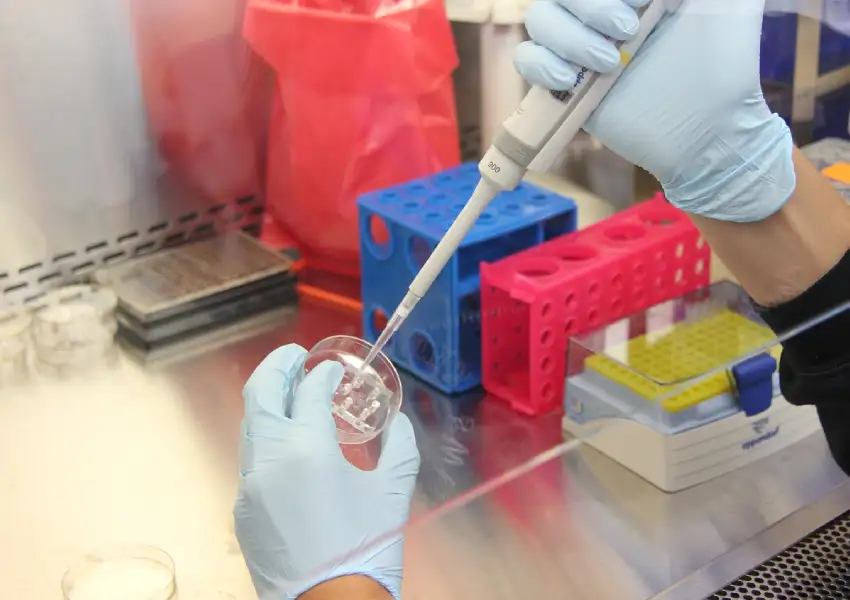Pasco Scientific Equipment is best known for its proven and innovative solutions in science education. These play a crucial role in enhancing classroom experiences across subjects like physics, chemistry, biology, and environmental science in Australia. Whether you’re using data loggers, sensors, or other scientific tools, proper maintenance is crucial to ensure long-term functionality and accurate results. Today, we are sharing some pro tips to help you maintain all types and sizes of Pasco equipment:
1. Regular Cleaning of Sensors and Probes
Keeping sensors and probes clean is one of the most important steps in maintaining Pasco scientific equipment. Dust, dirt, and residue can affect the accuracy of measurements and sensor performance. So, it is good to use a lint-free cloth to wipe down these delicate pieces. For probes exposed to liquids, use distilled water to avoid any potential contamination.
Do not use harsh chemicals as they may damage the sensitive surfaces like advanced microscopes. When necessary, a gentle cleaning solution specifically designed for scientific equipment can be used.
2. Store Equipment Properly
Proper storage is key to prolonging the lifespan of scientific instruments. Store Pasco equipment in a clean, dry, and temperature-controlled environment when not in use. Avoid leaving equipment in areas with high humidity or sunlight. This can lead to material deterioration and affect the functionality of sensors.
3. Calibrate Equipment Periodically
To ensure that Pasco’s scientific equipment provides accurate results, it is essential to calibrate the sensors and data loggers regularly. Calibration ensures the measurements taken are within the desired range and precision. It is good to refer to the manufacturer’s instructions for each device’s calibration process and keep track of when each piece of equipment was last calibrated. Most Pasco devices in Australia come with built-in calibration software, which makes this process more straightforward.
4. Check Battery Life and Power Sources
Many Pasco devices are operated via battery. Thus, keeping an eye on battery life is vital. It is important to always use the recommended battery type and replace them when they are running low.
Some devices, like data loggers, may also offer USB power options, so check that the power source is functional and properly connected. For rechargeable devices, follow the guidelines for optimal charging to avoid overcharging, which could reduce battery life.
5. Update Software Regularly
Many of Pasco’s devices, including data loggers and analysis tools, rely on software updates to ensure the hardware works efficiently and incorporates the latest features. Keep the device software updated by checking for updates through the Pasco website or the software itself. Regular updates can improve compatibility, fix bugs, and enhance functionality.
6. Perform Routine Inspections
Routine inspections of your Pasco scientific equipment play a cruical role in detecting issues before they become serious. Check cables, connectors, and other mechanical parts for signs of wear or damage. If a sensor or probe is exposed to extreme conditions, such as high heat or pressure, inspect it carefully for any damage that might affect its functionality. Also, prefer the best conglomerates in Australia from where you can buy quality Pasco Scientific equipment at the best price.
Wrapping Up
There is no rocket science behind maintaining delicate pasco scientific equipment in a school setup. Follow these simple tips and tricks and keep the most of these technologies with precision.


